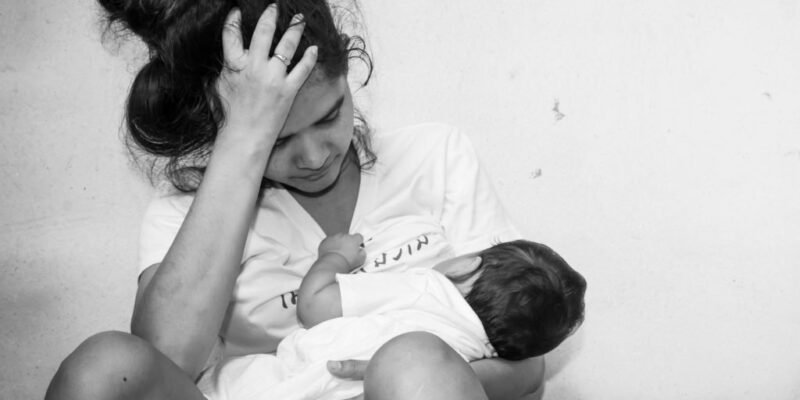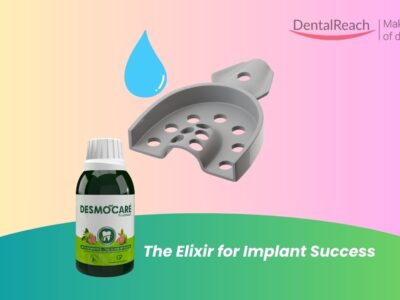Daily toothbrushing behaviour is the most important factor in the prevention of Early Childhood Caries (ECC). The positive instillation of good oral hygiene habits is greatly influenced by parental behaviour.
The association between personal oral care negligence and depression is well known, but a recent study pointed out towards an association between maternal postpartum depression and child tooth brushing behaviour. Maternal postpartum depression is a mood disorder experienced by over 10% of mothers after delivery.
What was the objective of this study?
Despite being a preventable disease, Early Childhood Caries(ECC) is a growing public health problem for the children across the globe. Particularly in Japan, the prevalence rate of ECC is very high (1.8% among 18 months old toddlers , but 17.7% among 3-year-old children).
As low tooth brushing frequency is already linked to poor mental health, and oral hygiene in childhood is mostly dependent on parental supervision, this study might provide valuable insights to prevention of ECC.
Dr. Shinobu Tsuchiya from Tohoku University Hospital led a research group that analyzed approximately 80,000 mother-infant pairs from the Ministry of Environment's Japan Environment and Children's Study.
They found children with mothers suffering from postpartum depression or bonding disorders brushed their teeth less often. Likewise, the frequency with which children brushed their teeth increased when mothers showed strong affection towards their children.
How will this study be useful to dental practitioners?
The study concluded that maternal postpartum depression is a predictor of low tooth brushing frequency. This can play an important role in prevention of Early Childhood Caries(ECC). This information can be vital for pediatric care providers in terms of screening for children who are at high risk of developing dental caries.
"A mother's psychological well-being provides valuable screening information for identifying children at a high risk of ECC," said Tsuchiya.
Read the full article here:
Tsuchiya, S., et al. (2021) Influence of maternal postpartum depression on children’s toothbrushing frequency. Community Dent Oral Epidemiology. doi.org/10.1111/cdoe.12672.




















Comments